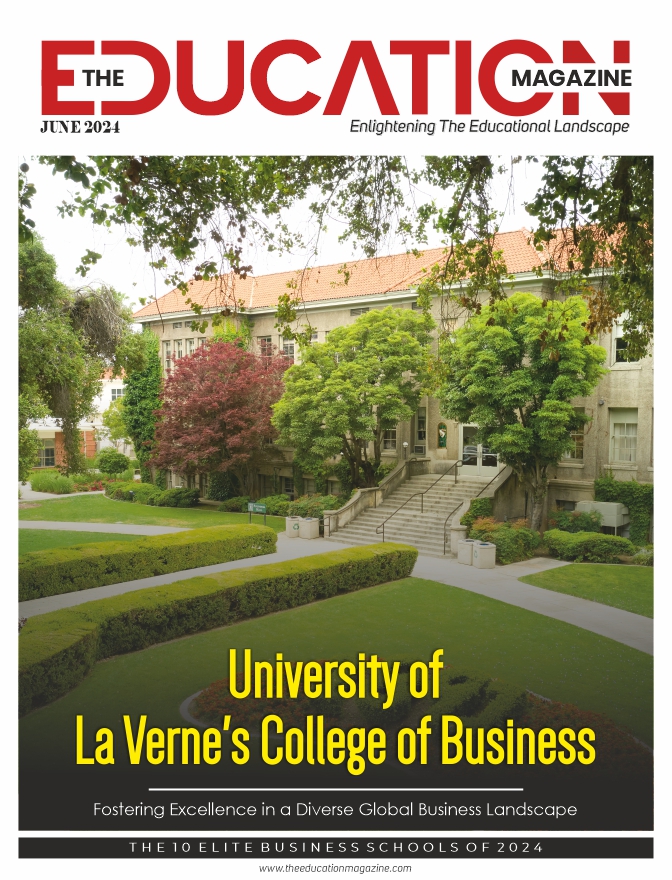59% of respondents strongly agreed to expect their employers to provide educational opportunities to advance their careers
“We can’t achieve what we can’t imagine.” The statement has been using to paint the American’s life longevity, especially for older people. As American society has been facing substantial changes to achieve longer life expectancy, Americans are still grappling with the implications of longer life on how they work, live and learn, According to a poll fielded by the Longevity Project, a new initiative developed in collaboration with the Stanford Center on Longevity (SCL). With Americans living longer and healthier, psychologists have a unique opportunity to reimagine healthy, successful century-long lives.
The mission of the Longevity Project is to generate in-depth research and foster public dialogue on the far-reaching impact of increased longevity. The first poll of the project underlines a disconnect between public perceptions of aging and the real influence of longer lifespan. A decade ago, a Pew Research Center poll dictated “old age” at 68. The Longevity Project’s respondents pegged the answer at a younger age, 66—a shocking change in an era where people in their 60s and 70s continue to play a significant role in public life.
Some key results of the Longevity Project – Morning Consult poll include:
By 2034, Americans over the age of 65 will outnumber children under 18 for the first time in history – a change more frequently seen as an unpleasant outcome than an effective one.
For people over the age of 55 are poised to become the largest segment of the U.S. workforce. Nearly a quarter (23%) of Americans think that the retirement age should be lowered to make room for younger workers.
Other key findings of the Longevity Project – Morning Consult poll include:
Employers are vital for continuing education – From research, 59% of respondents strongly or somewhat agreed with the statement that they expect their employers to provide educational opportunities to advance their careers, where the strongest support coming from younger respondents (71% support in the age 18-29 cohort).
The future of learning and the future of work are fast converging.
Heightened emphasis on lifelong financial security – 59% of respondents with 65% of respondents age 18-29 – identify financial security as “very important” to a successful, long life. With today’s workers facing both, a longer life expectancy and a self-funded retirement, consistent saving and long-term financial wellness are more important than ever. Having a long-term financial plan and finding reliable financial advice are among the important actions that workers can take today to ensure they are prepared for a long retirement.
Concern about the adequacy of public and private sources of retirement funding – Only 23% of respondents including 19% of age 18-29—believe that they expect to have the opportunity and resources to be able to retire at or before age 65. People around the world will live longer, and enjoy lifestyles as unique as their personalities; many will find themselves spending more years in retirement than in traditional careers. This poses unique challenges to lifelong financial security, a necessary building block for living a healthy 100-year life.










